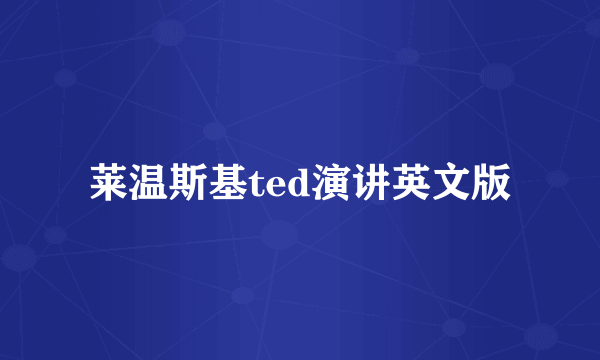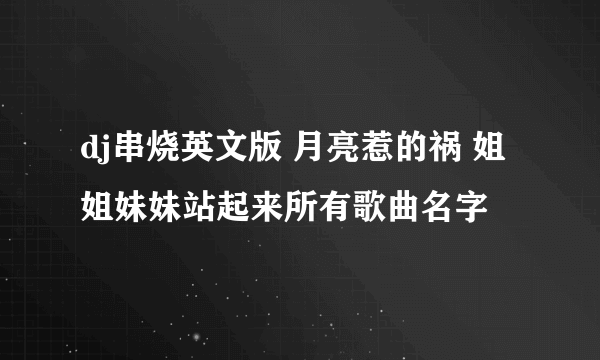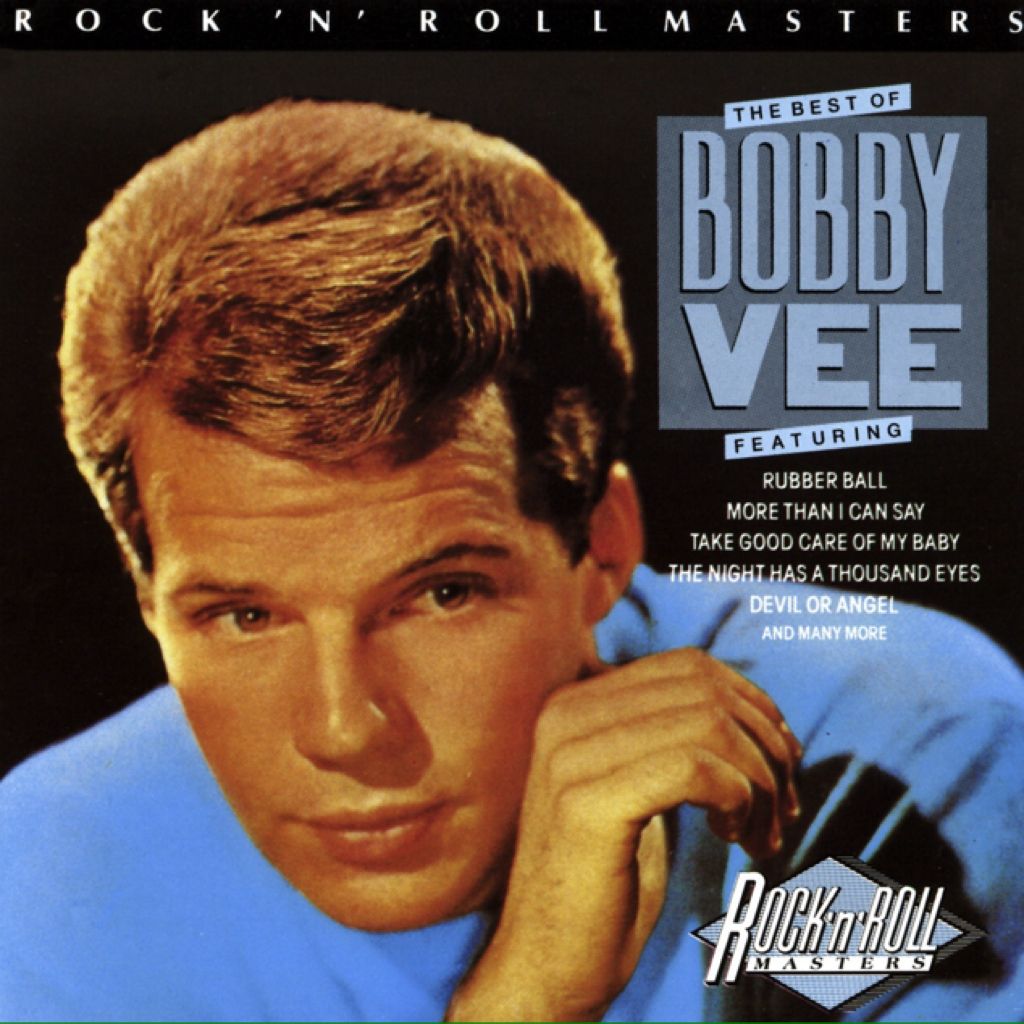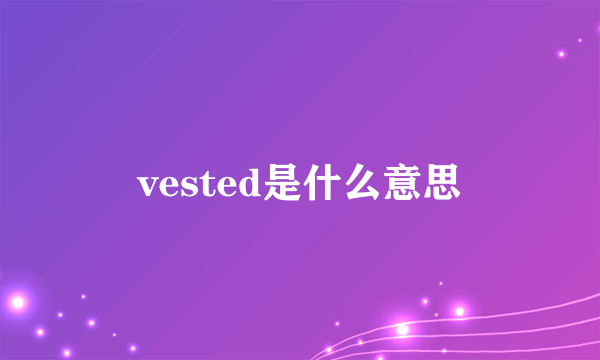莱温斯基ted演讲英文版
的有关信息介绍如下:
The price of shame0:11 You're looking at a woman who was publicly silent for a decade. Obviously, that's changed, but only recently. 0:22 It was several months ago that I gave my very first major public talk at the Forbes 30 Under 30 summit: 1,500 brilliant people, all under the age of 30. That meant that in 1998, the oldest among the group were only 14, and the youngest, just four. I joked with them that some might only have heard of me from rap songs. Yes, I'm in rap songs. Almost 40 rap songs. (Laughter) 0:57 But the night of my speech, a surprising thing happened. At the age of 41, I was hit on by a 27-year-old guy. I know, right? He was charming and I was flattered, and I declined. You know what his unsuccessful pickup line was? He could make me feel 22 again. (Laughter) (Applause) I realized later that night, I'm probably the only person over 40 who does not want to be 22 again. (Laughter) (Applause) 1:46 At the age of 22, I fell in love with my boss, and at the age of 24, I learned the devastating consequences. 1:58 Can I see a show of hands of anyone here who didn't make a mistake or do something they regretted at 22? Yep. That's what I thought. So like me, at 22, a few of you may have also taken wrong turns and fallen in love with the wrong person, maybe even your boss. Unlike me, though, your boss probably wasn't the president of the United States of America. Of course, life is full of surprises. 2:35 Not a day goes by that I'm not reminded of my mistake, and I regret that mistake deeply. 2:44 In 1998, after having been swept up into an improbable romance, I was then swept up into the eye of a political, legal and media maelstrom like we had never seen before. Remember, just a few years earlier, news was consumed from just three places: reading a newspaper or magazine, listening to the radio, or watching television. That was it. But that wasn't my fate. Instead, this scandal was brought to you by the digital revolution. That meant we could access all the information we wanted, when we wanted it, anytime, anywhere, and when the story broke in January 1998, it broke online. It was the first time the traditional news was usurped by the Internet for a major news story, a click that reverberated around the world. 3:51 What that meant for me personally was that overnight I went from being a completely private figure to a publicly humiliated one worldwide. I was patient zero of losing a personal reputation on a global scale almost instantaneously. 4:14 This rush to judgment, enabled by technology, led to mobs of virtual stone-throwers. Granted, it was before social media, but people could still comment online, email stories, and, of course, email cruel jokes. News sources plastered photos of me all over to sell newspapers, banner ads online, and to keep people tuned to the TV. Do you recall a particular image of me, say, wearing a beret? 4:52 Now, I admit I made mistakes, especially wearing that beret. But the attention and judgment that I received, not the story, but that I personally received, was unprecedented. I was branded as a tramp, tart, slut, whore, bimbo, and, of course, that woman. I was seen by many but actually known by few. And I get it: it was easy to forget that that woman was dimensional, had a soul, and was once unbroken. 5:40 When this happened to me 17 years ago, there was no name for it. Now we call it cyberbullying and online harassment. Today, I want to share some of my experience with you, talk about how that experience has helped shape my cultural observations, and how I hope my past experience can lead to a change that results in less suffering for others. 6:09 In 1998, I lost my reputation and my dignity. I lost almost everything, and I almost lost my life. 6:23 Let me paint a picture for you. It is September of 1998. I'm sitting in a windowless office room inside the Office of the Independent Counsel underneath humming fluorescent lights. I'm listening to the sound of my voice, my voice on surreptitiously taped phone calls that a supposed friend had made the year before. I'm here because I've been legally required to personally authenticate all 20 hours of taped conversation. For the past eight months, the mysterious content of these tapes has hung like the Sword of Damocles over my head. I mean, who can remember what they said a year ago? Scared and mortified, I listen, listen as I prattle on about the flotsam and jetsam of the day; listen as I confess my love for the president, and, of course, my heartbreak; listen to my sometimes catty, sometimes churlish, sometimes silly self being cruel, unforgiving, uncouth; listen, deeply, deeply ashamed, to the worst version of myself, a self I don't even recognize. 7:55 A few days later, the Starr Report is released to Congress, and all of those tapes and transcripts, those stolen words, form a part of it. That people can read the transcripts is horrific enough, but a few weeks later, the audio tapes are aired on TV, and significant portions made available online. The public humiliation was excruciating. Life was almost unbearable. 8:31 This was not something that happened with regularity back then in 1998, and by this, I mean the stealing of people's private words, actions, conversations or photos, and then making them public -- public without consent, public without context, and public without compassion. 8:57 Fast forward 12 years to 2010, and now social media has been born. The landscape has sadly become much more populated with instances like mine, whether or not someone actually make a mistake, and now it's for both public and private people. The consequences for some have become dire, very dire. 9:24 I was on the phone with my mom in September of 2010, and we were talking about the news of a young college freshman from Rutgers University named Tyler Clementi. Sweet, sensitive, creative Tyler was secretly webcammed by his roommate while being intimate with another man. When the online world learned of this incident, the ridicule and cyberbullying ignited. A few days later, Tyler jumped from the George Washington Bridge to his death. He was 18. 10:06 My mom was beside herself about what happened to Tyler and his family, and she was gutted with pain in a way that I just couldn't quite understand, and then eventually I realized she was reliving 1998, reliving a time when she sat by my bed every night, reliving a time when she made me shower with the bathroom door open, and reliving a time when both of my parents feared that I would be humiliated to death, literally. 10:47 Today, too many parents haven't had the chance to step in and rescue their loved ones. Too many have learned of their child's suffering and humiliation after it was too late. Tyler's tragic, senseless death was a turning point for me. It served to recontextualize my experiences, and I then began to look at the world of humiliation and bullying around me and see something different. In 1998, we had no way of knowing where this brave new technology called the Internet would take us. Since then, it has connected people in unimaginable ways, joining lost siblings, saving lives, launching revolutions, but the darkness, cyberbullying, and slut-shaming that I experienced had mushroomed. Every day online, people, especially young people who are not developmentally equipped to handle this, are so abused and humiliated that they can't imagine living to the next day, and some, tragically, don't, and there's nothing virtual about that. ChildLine, a U.K. nonprofit that's focused on helping young people on various issues, released a staggering statistic late last year: From 2012 to 2013, there was an 87 percent increase in calls and emails related to cyberbullying. A meta-analysis done out of the Netherlands showed that for the first time, cyberbullying was leading to suicidal ideations more significantly than offline bullying. And you know what shocked me, although it shouldn't have, was other research last year that determined humiliation was a more intensely felt emotion than either happiness or even anger. 12:55 Cruelty to others is nothing new, but online, technologically enhanced shaming is amplified, uncontained, and permanently accessible. The echo of embarrassment used to extend only as far as your family, village, school or community, but now it's the online community too. Millions of people, often anonymously, can stab you with their words, and that's a lot of pain, and there are no perimeters around how many people can publicly observe you and put you in a public stockade. There is a very personal price to public humiliation, and the growth of the Internet has jacked up that price.



